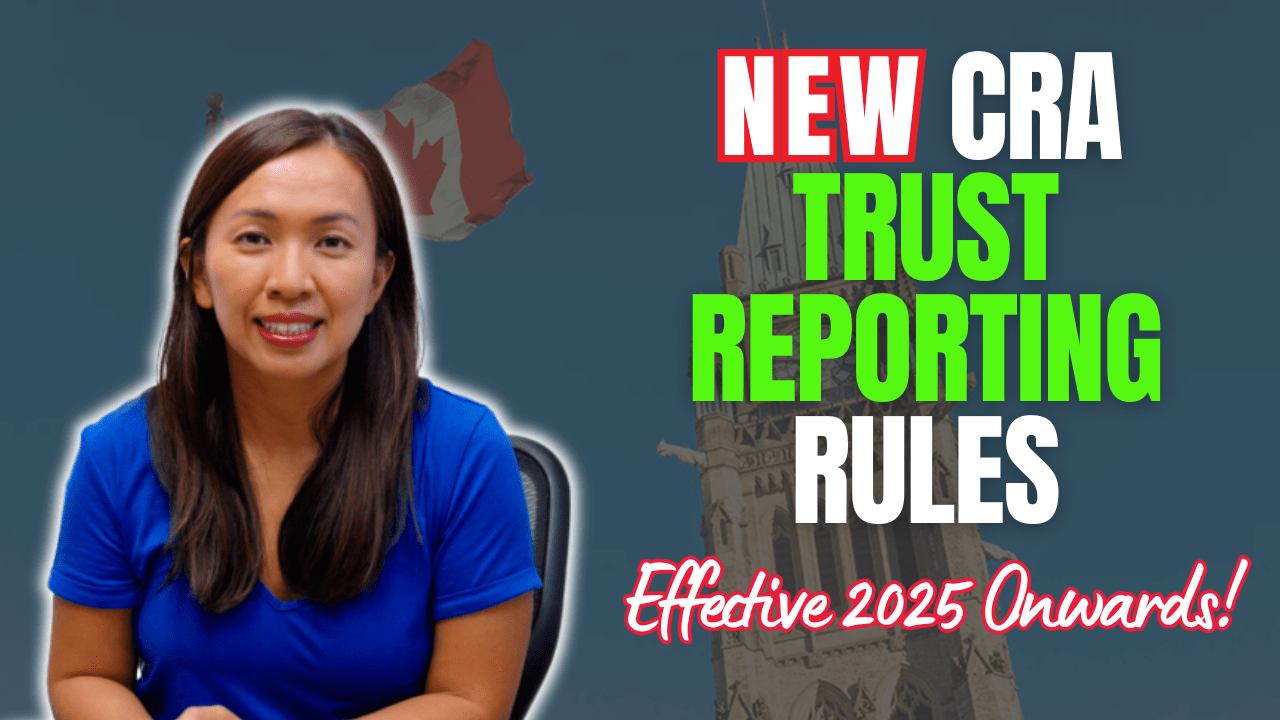You may have already known, I am an accountant. This means that I have to look at numbers all the time.
I have always been equipped with two monitors, one from my laptop and one extra monitor.
Recently I had the opportunity to upgrade my monitor.
I selected the 32” curved monitor from Samsung, a white, thin, very modern looking monitor. It was way too big for me and I ended up getting a 27” flat screen one.

I can still recall how excited it was for our family to get a 27” TV in my teenaged years. A 27” TV was HUGE at the time.
Today, I am getting a 27” monitor as my work monitor.
Of course, the 27” TV costed a lot more than what I paid for my 27” monitor.
Things we take it for granted today were once luxury items, or even unimaginable not too long ago.
When technologies are moving at lightning speed, our tax system remains the same.
Complicated. Cumbersome.
It’s always interesting to see what people do to save taxes. Recently, I saw a real estate agent asking for tips on saving taxes.
Some people take a big step to set up a corporation.
One person asked, “why do I set up a corporation if I can contribute to RRSP?”
The number 1 advice we get from accountants to reduce your taxes is to contribute to your RRSP.
There’s nothing wrong with it.
In many hardworking Canadians’ cases, it is truly the only thing to lower your taxes.
But for self-employed individuals and small business owners, incorporation provides many advantages over-contribution to RRSP.
1. Reinvestment to your business
Yes. RRSP can defer taxes.
You earn the money as a small business owner. You contribute to your RRSP so you can save the taxes on the contribution.
But once you make a contribution to your RRSP, you no longer have the money available to reinvest to your business.
100% of the net income has to go into a restricted investment fund. ☹ Nothing left for reinvestment.
On the flip side, if you incorporate, yes, you will have to pay 12.5% to CRA as income tax, you still have 87.5% left to reinvest in your business.
As small business owners, we all want to expand our businesses. This requires reinvestment of funds, such as purchasing equipment and system building, that sometimes is not a tax deductible write off.
This means that you would still have to pay taxes on the cash you’ve spent on the business and you won’t get the tax write off until future years.
If you contribute to RRSP, the money is no longer there. No investments can be made.
If you have a corporation, you pay 12.5% tax-deductible still have 87.5% left for your business reinvestments.
2. Unrestricted investment options in a corporate structure
RRSP is a great way to defer taxes, bur RRSP is restricted.
There’re multiple articles and publications done by CRA to teach people what they’re allowed to invest in.
Yes, you have 100% of the funds available to invest, but if you don’t like the public stock market, you would have eliminated the majority of the investment options available.
I still remember the old days how I would save the money, contribute to my RRSP, and leave the RRSP as cash and do nothing with them.
I tested out a couple of stocks but I wasn’t really that successful. ☹ Blackberry (back then it was called RIM) was one of the stocks that I invested. I bought them over $50 per share and it went down to $11.
I’ve since cashed out from my RRSP.
On the flip side, if you have a corporation, yes, my business would have to pay 12.5% to CRA as income tax, but I still have 87.5% left to choose to invest in whatever I want.
Yes. I can still buy RIM shares if I want (although I wouldn’t advise doing it anymore), but I can also buy real estate.
There’re private equity deals that are out there and only non-registered account investments are accepted.
After-tax corporate funds can be used to invest in these deals, but RRSP funds cannot.
3. Income splitting opportunities with your family members
It’s true that the income splitting opportunities are much more restricted from before.
Having that corporation does not allow you to split income like before.
But this does not mean that there aren’t any opportunities to split income with your future self, split income with your spouse when he/she gets older, split income with your family members provided that they work in your business in the previous years.
There’re still opportunities available, you just need to find them and jump through the hoop.
Arguably, you can contribute to RRSP and achieve a certain extent of income splitting with your lower-income spouse (with years of planning and caution).
But the corporation provides so much more flexibility over RRSP investments.
Until the Canadian tax system advances like our technologies, the corporation remains one of the biggest tax hacks you will get in Canadian high tax rate environment.
Until next time, happy Canadian Real Estate Investing
Cherry Chan, CPA, CA
Your Real Estate Accountant






Norm Carr
When you eventually pay yourself it is fully taxable personal income. Therefore it is taxed twice
Cherry
Hey Norm, thanks for your comment. When you take the money out from the corp, there’s impact on your personal tax return. Canadian tax system is designed in a way that you wouldn’t pay double tax. Dividend tax is generally lower than regular income on your personal return. You get a larger tax credit.
For someone who doesn’t have any other income, he can receive up to $25K non-eligible dividend tax free.
Hope this helps.